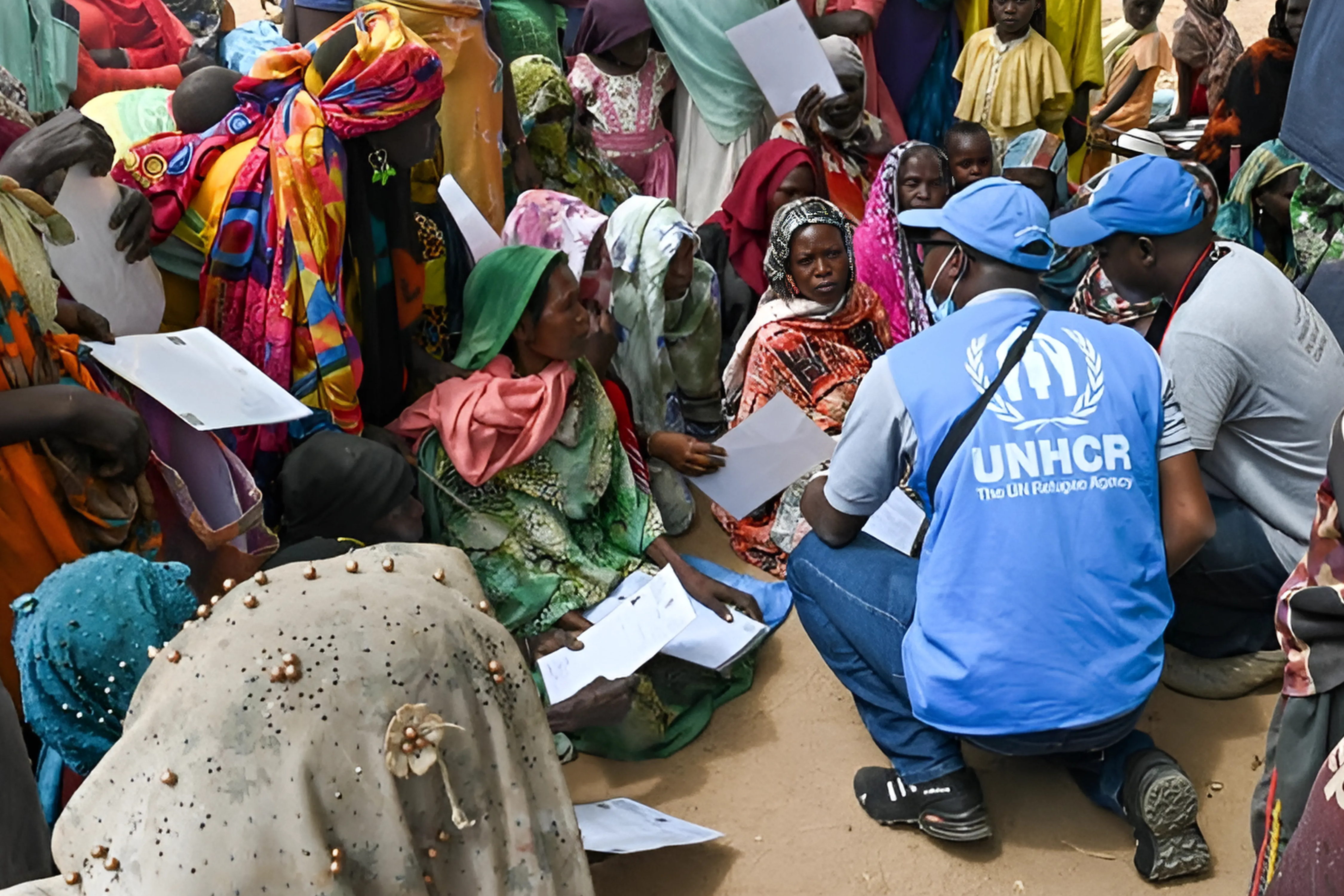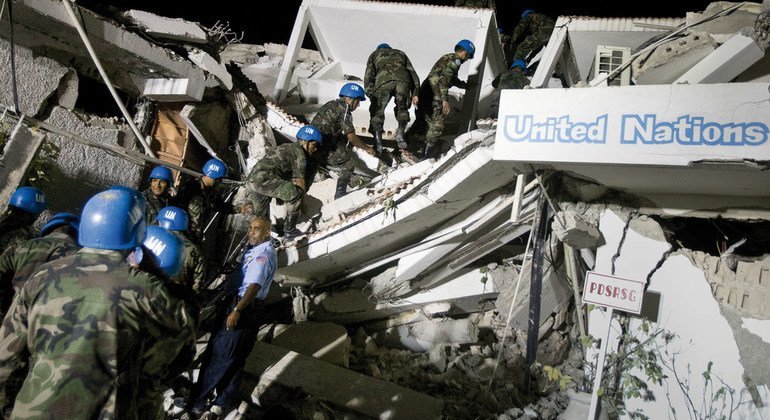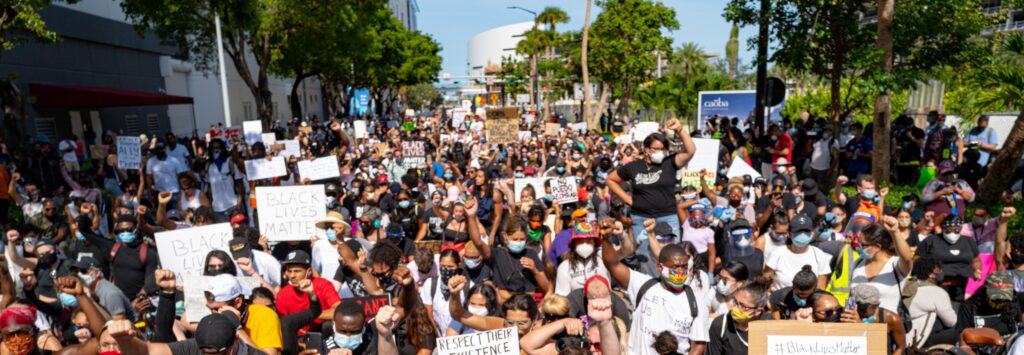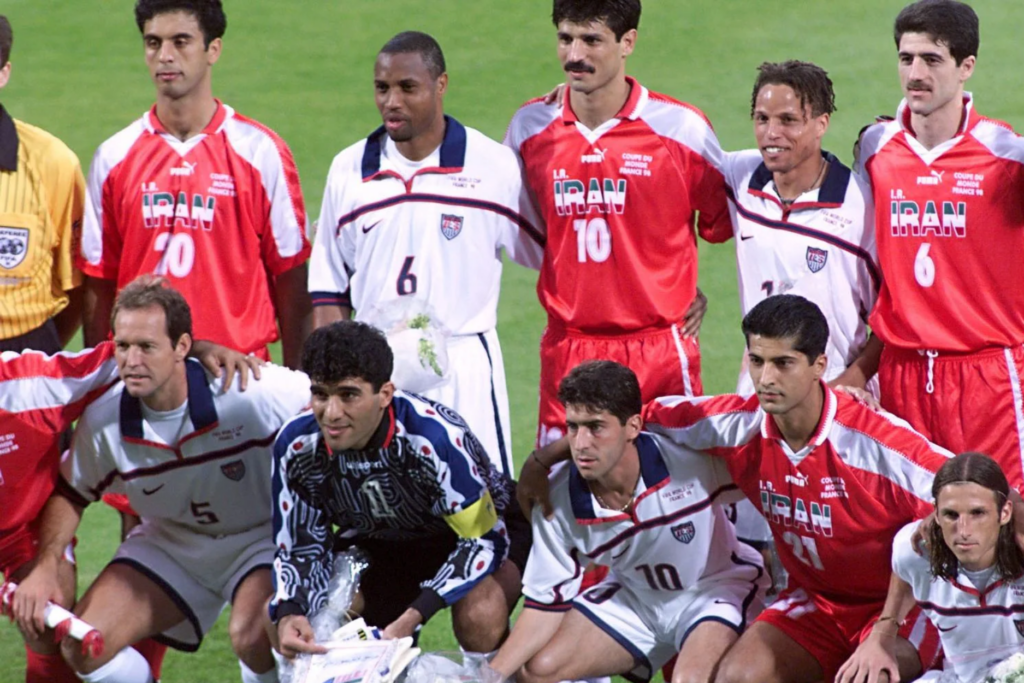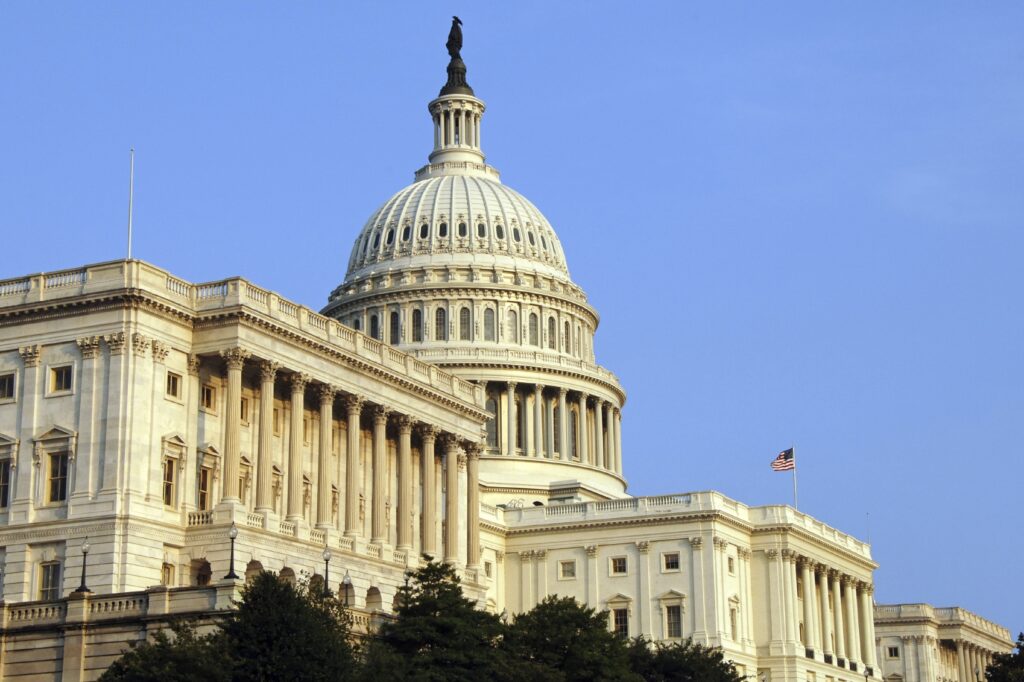On April 15, 2023, Sudan spiraled into civil war. What began as a violent power struggle between two rival generals has metastasized into the world’s largest displacement crisis. More than 8.6 million people have been forced from their homes – nearly two million into neighboring countries. Millions more remain trapped or internally displaced, their futures uncertain, their suffering with no end in sight.
In a crisis marked by geopolitical posturing and regional instability, the United Nations High Commissioner for Refugees (UNHCR) has become one of the last and most vital lifelines. The agency’s footprint is everywhere the war has been felt. In Chad, they support more than 550,000 Sudanese refugees. In Egypt, they help over 400,000 navigate legal limbo. In South Sudan, UNHCR runs overwhelmed reception centers filled with both returning nationals and the newly displaced.
“The needs are vast, and the challenges are numerous,” says Raouf Mazou, UNHCR’s Assistant High Commissioner for Operations. “If the crisis continues, peace and stability across the region could be at stake.”
While the world has largely turned away, UNHCR has rolled up their sleeves.
Why UNHCR Matters to the World – and the U.S.
UNHCR staff deliver emergency shelter, food, water, sanitation, psychosocial care and schooling in 130 countries – often in regions where U.S. presence is limited. That makes UNHCR not only a humanitarian actor, but an extension of American values and security.
It’s not just Sudan. After the fall of Kabul in 2021, for example, UNHCR was there to coordinate with Pakistan to expand humanitarian corridors. As U.S. forces withdrew, it was UNHCR that bought time and created space for evacuations.
“UNHCR can speak to actors the U.S. can’t,” says Eric Schwartz, former president of Refugees International. “They’re an essential partner when diplomacy gets delicate.”
And this isn’t just about compassion, it’s about strategy. Wars like Sudan’s are not isolated tragedies. They are slow-burning global crises. When people are left without shelter or hope, they move. They cross borders, seek asylum, fall prey to trafficking rings or disappear into unregulated labor markets. UNHCR exists to intervene before those tipping points.
“UNHCR is not just delivering aid,” Mazou emphasizes. “We are helping prevent crises from becoming a larger regional collapse.”
“UNHCR is not just delivering aid. We are helping prevent crises from becoming a larger regional collapse.”
Raouf Mazou, UNHCR’s Assistant High Commissioner for Operations
When Conflicts Spread
One way UNHCR does that is by disrupting the root causes of instability.
Refugee camps and informal settlements, if left unsupported, can become fertile ground for extremist groups. UNHCR breaks that cycle through education, legal services and vocational training.
“What people need is dignity, not desperation,” notes Filippo Grandi, the organization’s High Commissioner. “If they can go to school, work and feel safe, they are much less vulnerable to exploitation.”
That approach is being tested in places like Nigeria, where UNHCR helps reintegrate families displaced by Boko Haram, and in Yemen, where they support trauma-informed community centers. In Colombia, they work with local authorities to protect Venezuelan refugees from gang violence and trafficking.
These programs are not charity; they are frontline investments in global stability – and in American security. “UNHCR is one of the most effective tools we have for preventing regional crises from becoming global ones,” says Julieta Valls Noyes, former U.S. Assistant Secretary of State for Population, Refugees and Migration.
“UNHCR is one of the most effective tools we have for preventing regional crises from becoming global ones.”
Julieta Valls Noyes, former U.S. Assistant Secretary of State for Population, Refugees and Migration
An Uncertain Future
The U.S. has long recognized the strategic value of UNHCR, serving as their largest donor. In 2023, Washington contributed nearly $2 billion to the agency – an investment that pays dividends.
But that investment is now under threat – and it’s an important test for Americans. Will we continue to fund the world’s most effective refugee agency or turn away at a time when its work is more necessary than ever?
“Supporting UNHCR is one of the smartest, most American things we can do,” stresses Schwartz. “Because helping refugees isn’t just the right thing – it’s the smart thing.”
On the second anniversary of Sudan’s devastating descent into chaos, we would do well to remember that.
“Supporting UNHCR is one of the smartest, most American things we can do. Helping refugees isn’t just the right thing – it’s the smart thing.”
Eric Schwartz, former president of Refugees International
